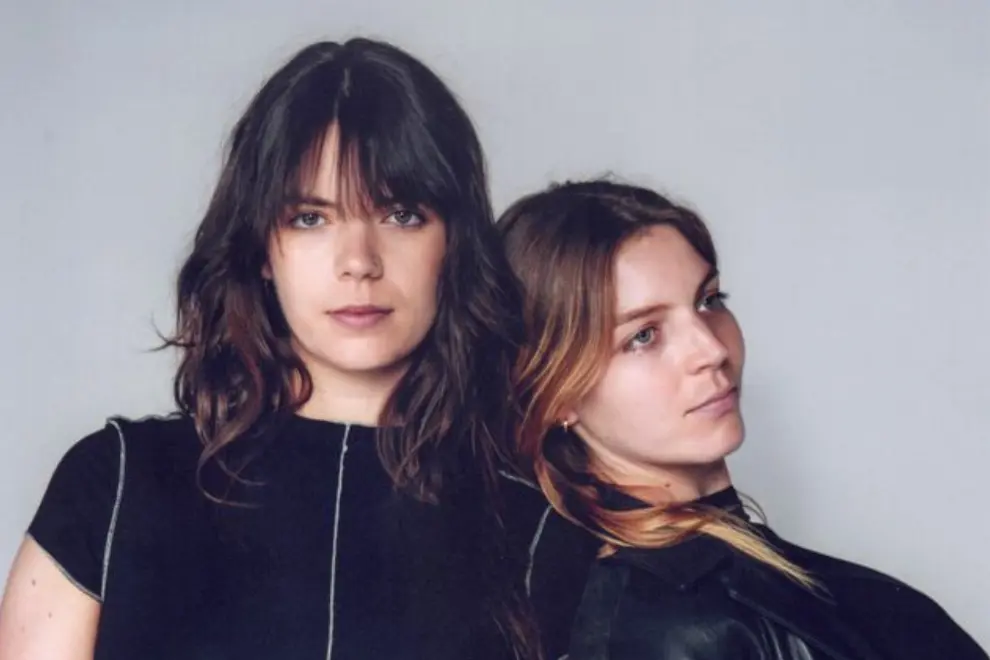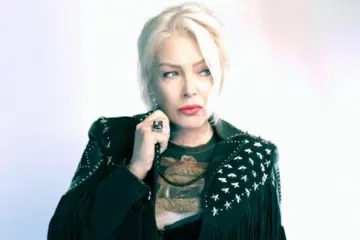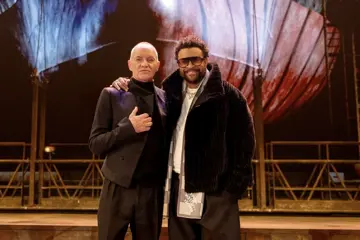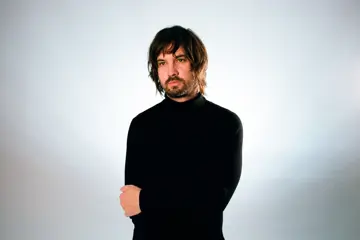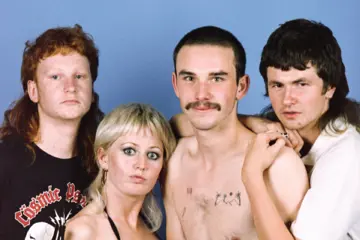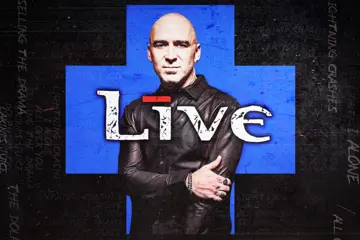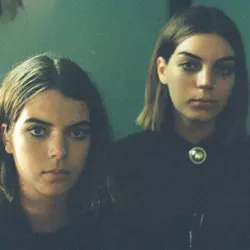 CLEWS
CLEWSOn TikTok, women have been calling out Dean Lewis for alleged sexual behaviour that blurs the boundaries of power and influence.
In a post on Instagram, he has responded by apologising and saying he’s enrolling himself into therapy, and stressing that none of the allegations against him involve anything illegal.
The Dean Lewis saga presents yet another moment to pause and consider what we all want our industry to look like.
The music industry remains male-dominated at every level while being unsafe for women at nearly every turn. As artists, fans and behind-the-scenes workers, research shows women are undervalued, excluded, erased, dismissed, disrespected and often bullied and sexually harassed. Throughout my PhD research, I’ve spoken with women who have left or are going to leave the music industry because of their terrible experiences of harm.
So what if Dean Lewis hasn’t done anything illegal?
Male artists, especially incredibly successful ones, get to operate in an industry that still panders to the mythologies of sex, drugs and rock ‘n’ roll that make inappropriate sexual behaviours from men permissible if not palatable.
A question looms: what are the barriers to lasting, positive change?
Consensus from my research is that the ‘cancel culture’ that follows allegations of harm doesn’t foster lasting healing or change. The problem is the music industry doesn’t have a clear, collective vision of what to do once these stories come to light. The news articles read as shocking, but no one in the industry is surprised. We need to confront the impacts of harm in music beyond individual transgressors.
Don't miss a beat with our FREE daily newsletter
The music industry is made up of many different workplaces, roles and priorities. We’re talking venues, festivals, record labels, studios, artists, producers, audiences, radio stations, streaming services, gig-workers, peak bodies and many professional relationships based on informal networking. There’s currently no centralised authority, HR structure or industry-wide code of conduct we can all agree to, and few avenues of meaningful accountability or support when things go wrong.
Social media offers a platform for people to speak up about bad behaviour. In the Dean Lewis situation, like so many others, it’s the brave voices of women sharing their experiences that allow us to have this conversation.
Whose responsibility is it to keep people safe in music? Individuals have to be responsible for their own actions, and just because someone famous is lonely and living a life that few can relate to doesn’t mean they get a free pass to be destructive to other people. What about major labels who put so much pressure on their artists they lose healthy connections with people in their lives? What about managers and booking agents who obscure or ignore stories of harm? Why must women carry the burden of speaking out once it’s too late, then pay the price of harsh scrutiny when they do?
Importantly, what kind of environment do we want to create and uphold for the people who make, listen to and work in music and beyond? One where shady behaviour is ok so long as it skirts along the edge of legality but doesn’t cross that line? Or one where we are collectively aware of power dynamics, uphold behaviour that fosters respect and community, and commit to safety, transparency and accountability.
The industry is STILL figuring all this out. Without pathways to meaningful change, we will once again be in situations where someone is known to be out of line, or treading a very thin one, yet for years no one does anything about it.
Dean Lewis’ career will probably be fine, and I wish him well on his therapy journey. My bigger wish is that women get to thrive as music creators and consumers without the constant hum of male entitlement, disrespect, disappointment and harm ringing in our ears.

